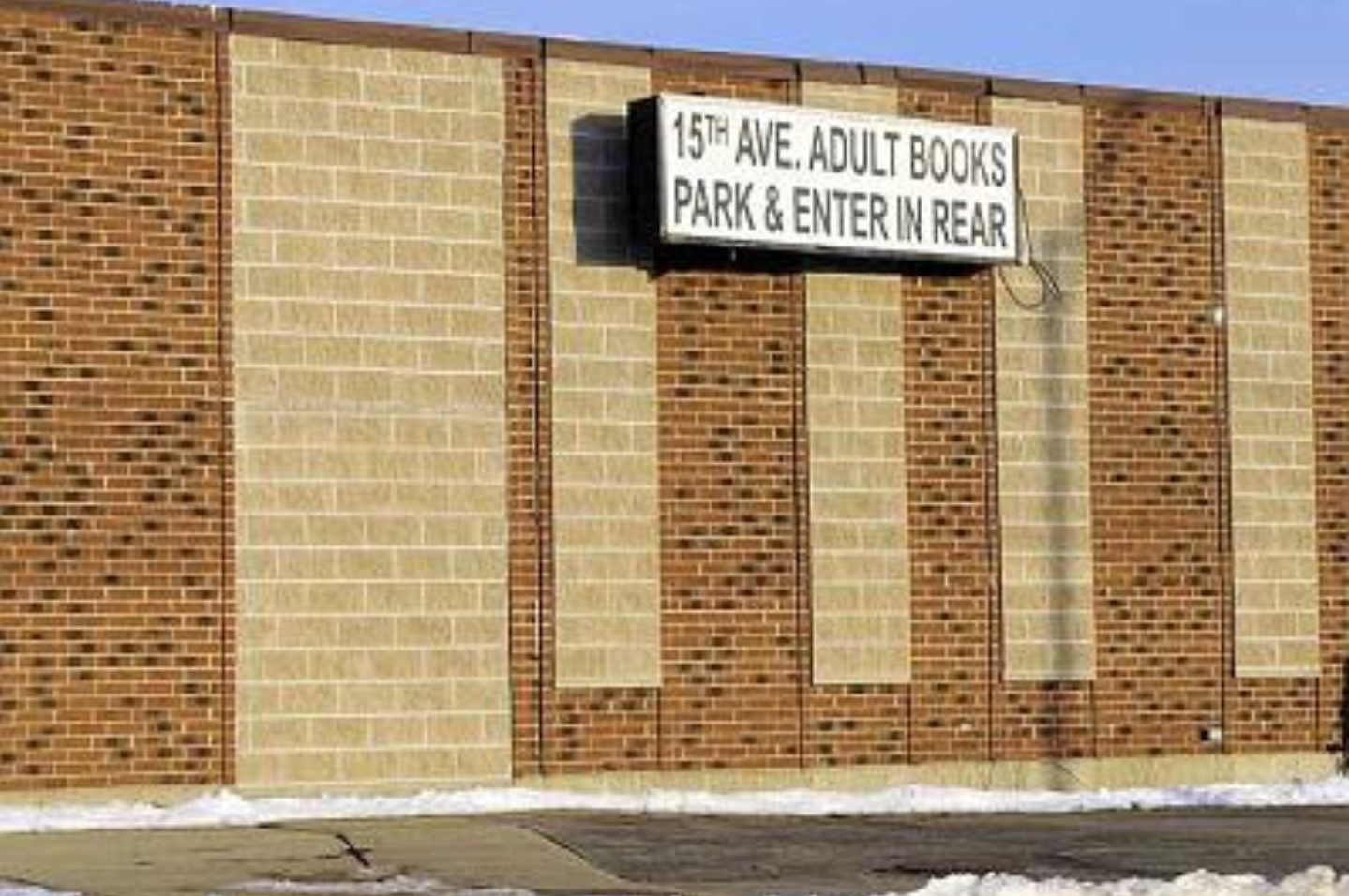Illinois now has the fourth highest base (or minimum) state income tax rate in the nation. It is beat by Massachusetts (5.3%), Minnesota (5.35%) and North Carolina (6%). It is tied with Utah. Illinois is also one of the few states in the Union that has a flat rate for personal income taxes. It is surrounded by the variable rates of Wisconsin (4.6% to 7.75%), Iowa (0.36% to 8.98%), Missouri (1.5% to 6%), Kentucky (2% to 6%) and the fixed rate Indiana (3.4%).
Alaska, Florida, Nevada, South Dakota, Texas, Washington and Wyoming have no state income tax. New Hampshire and Tennessee only tax income derived from dividends and interest.
When it comes to a base state corporate tax rate, Illinois is only outranked by Minnesota (9.8%) and Pennsylvania (9.99%). The District of Columbia is a minimum of 9.75%. Wisconsin (7.9%), Iowa (6% to 12%), Missouri (3% to 5%), Kentucky (4% to 6%) and the fixed rate Indiana (8.5%) all have lower minimum corporate income taxes.
Of the states that do not have a state level personal income tax, both Alaska (1% to 9.4%) and Florida (5.5%) have some form of corporate income tax. Nevada, South Dakota, Texas, Washington and Wyoming have no corporate income tax.

![[Serial Wife Killer And Former Police Official] “Drew Peterson, Running For Mayor of Schiller Park” Nick Caiafa](https://www.americannewspost.com/wp-content/uploads/2017/03/ncaiafa_3.jpg)


1 Comment
Some perspective from the Chicago Tribune:
“Despite such resistance to tax hikes, many experts do not regard Illinois as a particularly high-tax state for individual taxpayers. In 2008, the nonpartisan Tax Foundation, a Washington-based think tank, ranked Illinois 30th among all states when it came to the combined burden of state and local taxes, including property taxes.
Neighboring Wisconsin had the ninth highest per-capita tax burden among states, while Indiana came in 28th, the foundation concluded. First and worst in the nation was New Jersey, according to the group’s rankings.”
Thus remember that Wisconsin and Indiana are in a public relations war with Illinois.
Furthermore, I believe the municipal budget crisis is not based on political leadership, as states like Texas (historically strong conservative government running things) also have massive budget gaps to fix and will also eventually raise taxes.
In actuality, I believe that tax cuts through history were not backed up by spending cuts (that would have made them less-popular and those who enacted them like Reagan, very unpopular). Thus we have been on this road for some time.